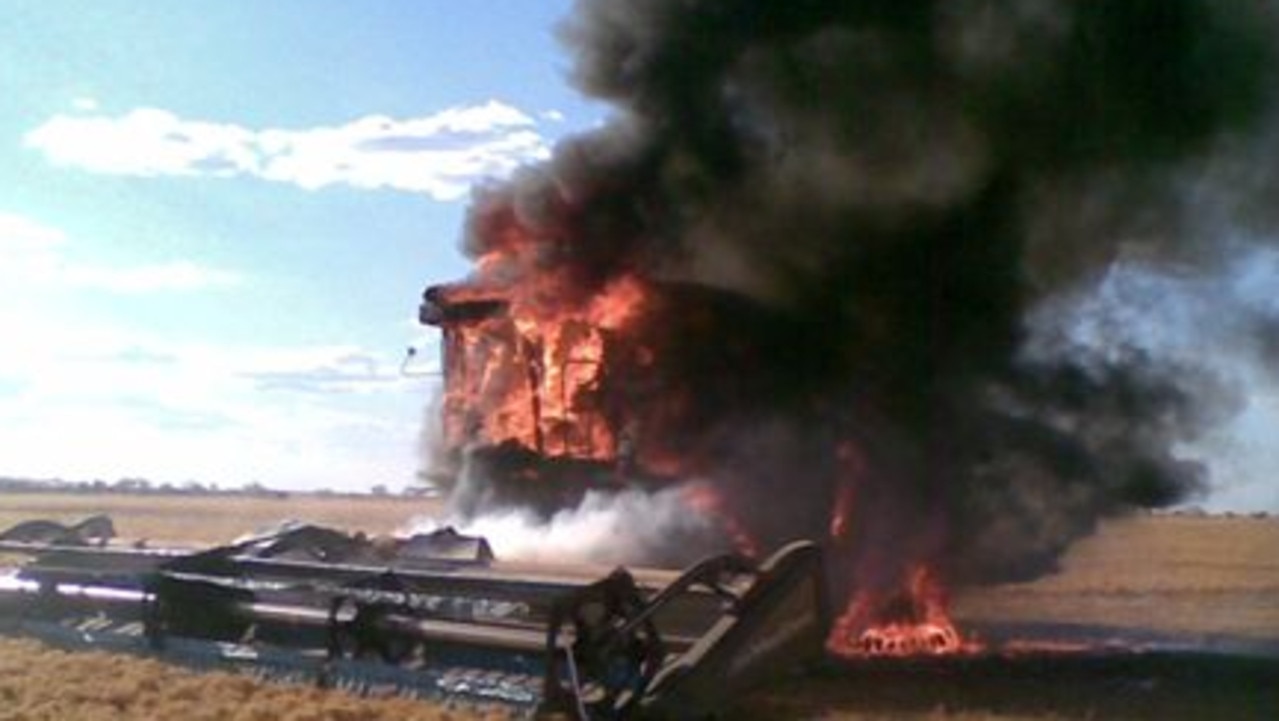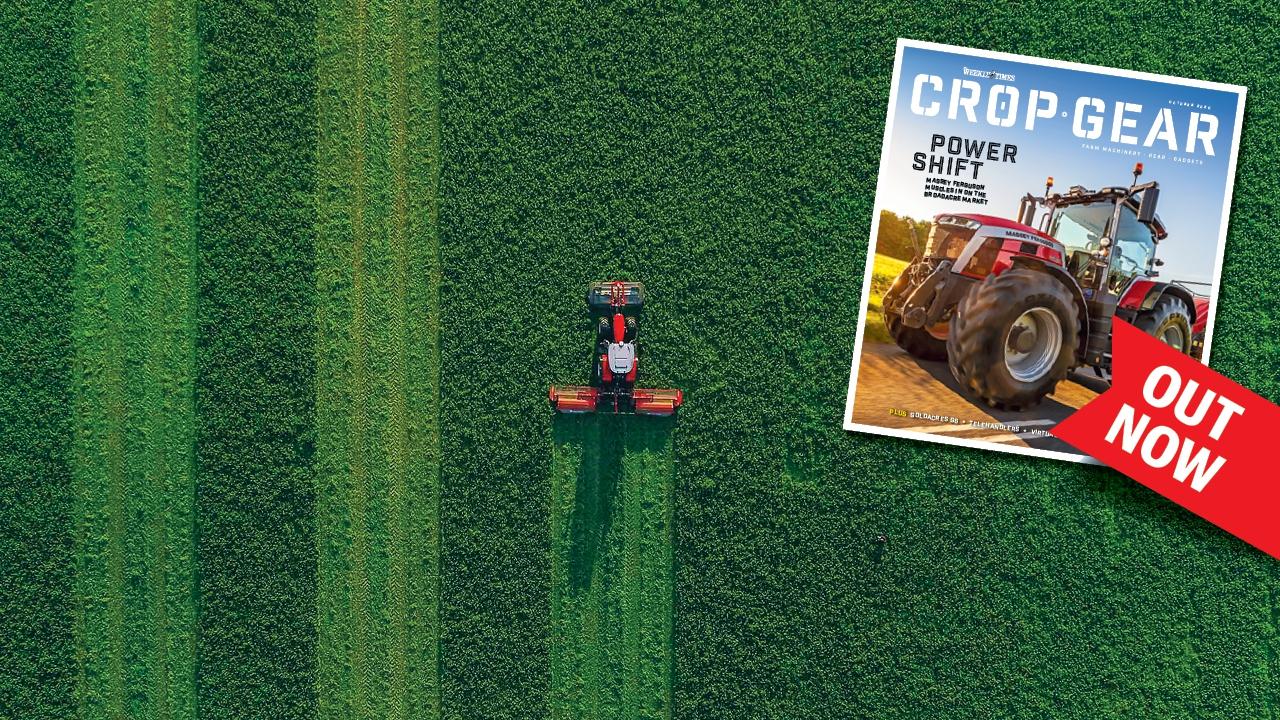Machinery industry on top of supplies during pandemic
Manufacturers say despite the global coronavirus pandemic shutting factories and disrupting freight, they are well placed to meet demand for parts supply.
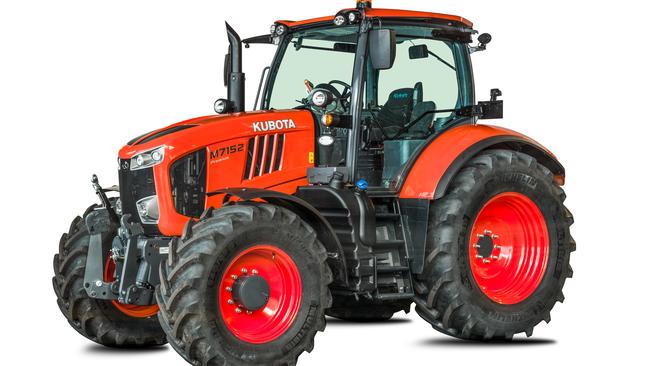
The supply of machinery and spare parts that farmers rely upon to sow and harvest crops had its own potential breaking points with the onset of the COVID-19 health crisis.
Border closures and enforced business shutdowns exacerbated the health issues impacting manufacturing, especially in Europe.
There were three sources of potential disruption — health safeguards, transport and the massive spike in machinery sales in Australia.
First, the health safeguards introduced to combat the disease prevented people in manufacturing hubs such as China, Europe and the US from going about their work. Top Japanese tractor manufacturer Kubota had a two-week closure of a plant in the US for a deep clean after some staff were diagnosed with COVID-19 and endured a six-week closure at the factory in France that produces its flagship tractor, the M7-2.
Kubota Tractors Australia national sales manager Peter Gloury says there is sufficient inventory of these models of 130-170hp tractors in Australia not to affect sales and all factories are back in full operation.
Similarly, Italian gearbox manufacturer Bonfiglioli, which has factories in Italy, Germany, China, India, Vietnam and the US, faced disruption at several plants.
Production of transmission parts that keep the agricultural industry moving resumed by the end of May, ensuring that manufacturers looking for components and those seeking after-market spares were able to source what they needed.
Australian Tyre Industry Council secretary Silvio de Denaro says that slight production delays experienced by tyre makers and other component suppliers were offset by the temporary shutdowns of some wholegoods manufacturers, so supply disruptions were minimised.
Kubota, meanwhile, reported one key benefit for Australian buyers of European hay equipment amid the pandemic.
Reduced demand for hay tools by European farmers meant that preseason Australian orders for hay equipment manufactured by Krone, which Kubota distributes in Australia, took an earlier manufacturing timeslot at the German factory and were shipped weeks earlier than previous years.
“The majority of the preseason orders were produced early and are actually coming off the Australian wharves at the moment,’’ Peter Gloury says.
The disruption to transport links, as borders were closed suddenly in Europe and aircraft movements were reduced worldwide, has led to many changes in logistics.
Machinery distributor Landpower, which has its headquarters in New Zealand and runs the Claas Harvest Centres in Australia, would ordinarily schedule two airfreight orders a week to cover parts supply from Europe, arriving here in three days.
By July, Claas had one airfreight delivery a week, but delivery time blew out to nine days. To counteract the higher costs and uncertain timetables, Claas combined some shipments over sea and sky, flying some orders to Singapore and shipping to Australia from there.
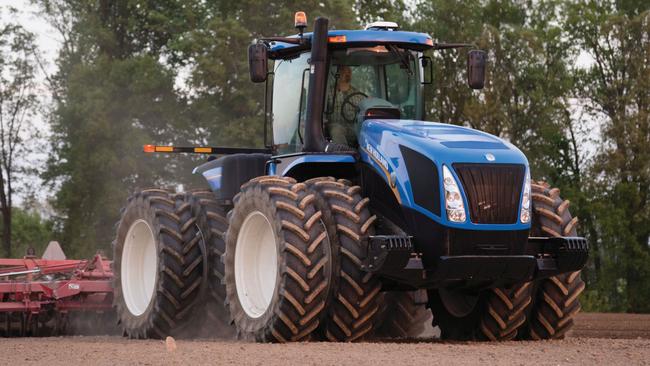
Manufacturer New Holland Agriculture changed the way it delivered parts to dealers and machinery owners.
New Holland national parts development manager Gary Pertot says the reduction in airfreight capacity and frequency forced a switch to express road couriers and it had to streamline operations at its warehouse in Sydney’s west to ensure orders were dispatched earlier for interstate.
The flow-on effects of a financial stimulus in Australia left some machinery suppliers with great cashflow but relatively empty yards. The instant tax write-off for Australian businesses, elevated from $30,000 to $150,000 between March and December, prompted a buying spree.
Agriview, which monitors farm machinery sales, says many farmers were spurred on by the Government’s financial carrot coupled with strong autumn rain. June was the biggest sales month for farm machinery in four decades. Agriview managing director Alan Kirsten says this cleared out the inventory of a lot of dealers – and many tractors were hurriedly shipped to Australia from New Zealand to meet demand.
Peter Gloury says while June had seen an incredible sales spike, most dealers had an inkling of increased sales by April and had ordered enough replacement equipment.
Trelleborg Wheel Systems agriculture sales manager Mark Taylor says the tyre maker was almost run off its feet with the huge spike in custom orders.
However, he says Trelleborg and many other manufacturers had deliberately held more wheels and tyres in stock to cope with potential disruption during hay and harvest season because of the biosecurity measures introduced to combat the brown marmorated stink bug (see below).
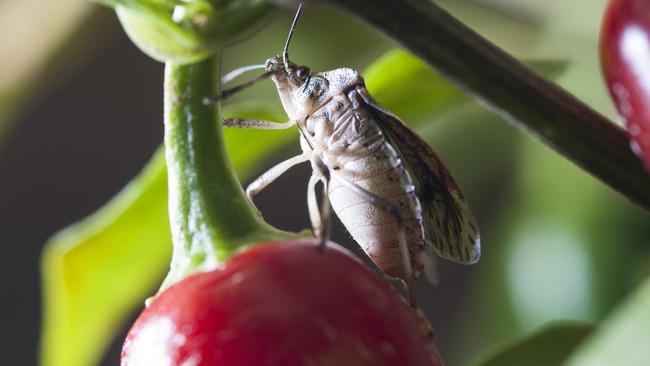
STINK BUG HITCHHIKERS
Importers and freight handlers have already had to avoid potential delays on the waterfront that jeopardised delivery of parts, machinery and tyres for tractors and other agricultural equipment.
The biosecurity campaign to prevent the incursion of an east Asian insect that has devastated apple and stonefruit orchards in North America, South America and Europe has inadvertently helped some importers withstand supply disruptions this year caused by the COVID-19 pandemic.
Entomologists and researchers are wrestling with a continent-wide spread of the brown marmorated stink bug (BMSB) in Europe and North America, where the bugs arrived with cargo in the 1990s, according to the US Department of Agriculture.
Australia and New Zealand began taking serious steps to prevent the arrival of the bug five years ago, mandating fumigation or heat treatment of cargo and containers at particular times of the year.
Shipments not treated before embarkation must be dealt with upon arrival, which can lead to delays if there are large numbers of containers or other cargo items from high-risk countries of origin that need treatment and inspection.
This year, importers such as tyre suppliers were ahead of the game and most had already increased inventory dispatched before seasonal BMSB restrictions were in place.
The high-risk time for the spread of the bugs by hitchhiking with cargo coincides with the northern hemisphere winter and this year’s seasonal restrictions and extra requirements for fumigation and treatment begin again on September 1.

